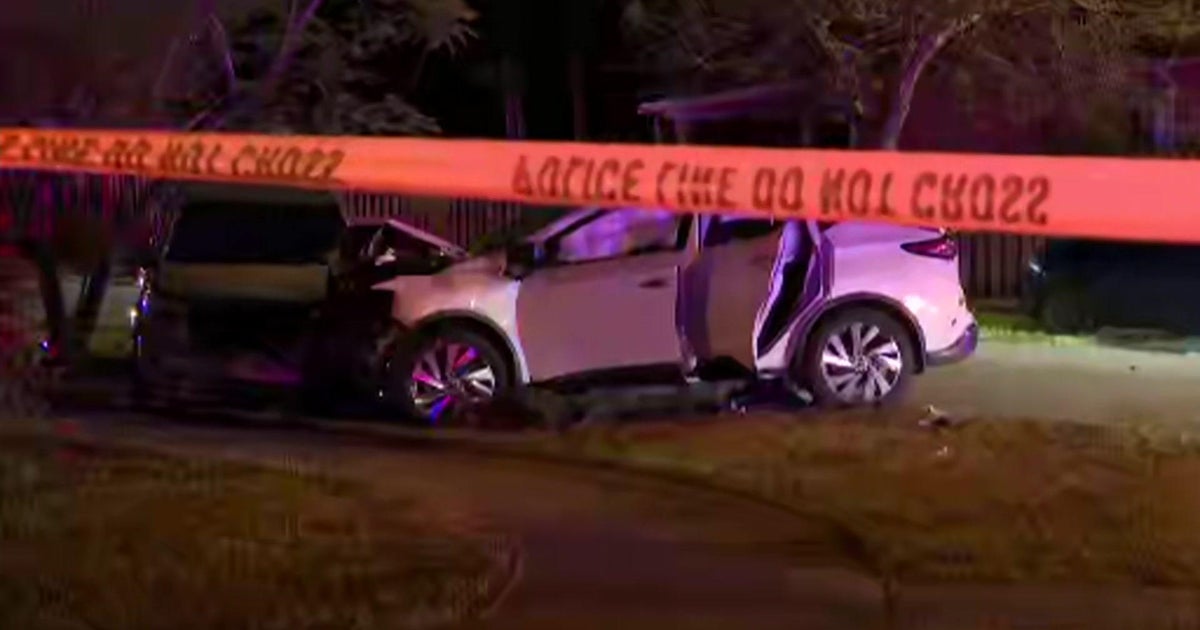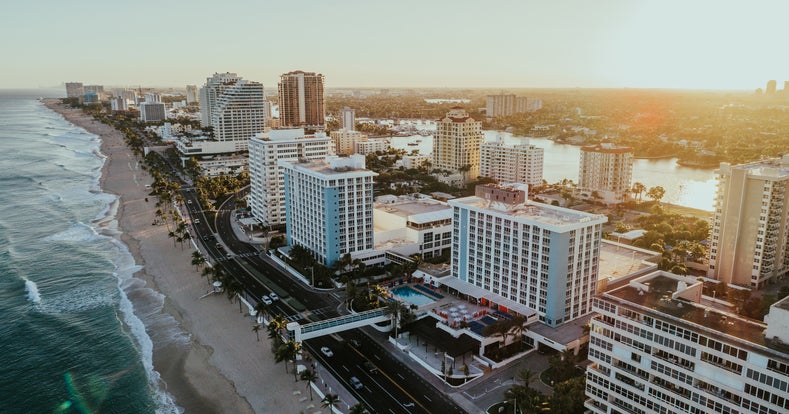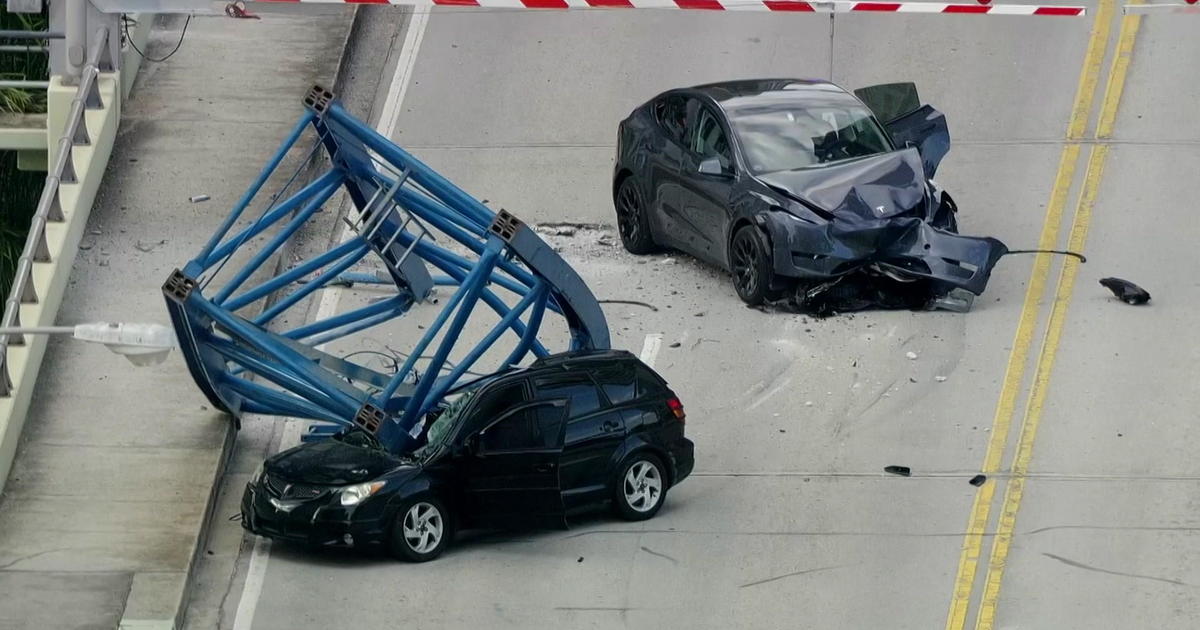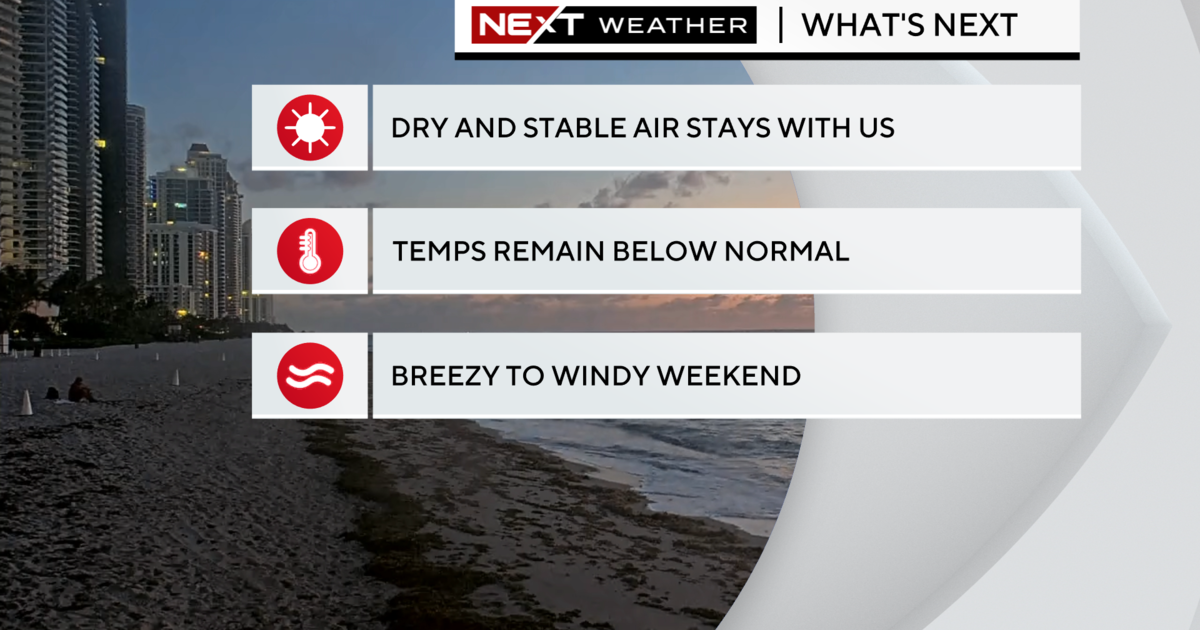Family Of Teen Driver Killed In 2018 Fort Lauderdale Tesla Crash Files Suit Against Company
FORT LAUDERDALE (CBSMiami) – The family of Barrett Riley, the teenager killed while driving a Tesla in Fort Lauderdale in May 2018, is suing the company, alleging problems with the car's battery and a fateful decision by the company to remove a speed limiting device the family had recently requested to be placed on the vehicle, without informing Riley's parents.
The lawsuit was filed in Santa Clara, California on Tuesday near Tesla's headquarters.
The family alleges in the lawsuit that they asked Tesla to put a speed limiting device on the car after Barrett got a speeding ticket for driving more than 110 miles an hour about two months prior to the fatal crash. The device was installed but the lawsuit claims that Tesla later removed the device after it was taken in for service in Dania Beach.
The lawsuit says "the speed limiter was removed without their consent or permission. Outrageously, TESLA never told the Riley's that it had done so — until after the fatal accident."
It's a decision that still baffles Jim Riley, Barrett's father.
"We need to understand why would they take it off, one, and, two, if they did take it off, why would they take it off without disclosing it?" Riley told CBS4 News.
The Riley's are also alleging in their lawsuit that Tesla had technology to fireproof the car's battery to protect against a fire engulfing the Tesla, but chose not to install it.
"They said and wrote and published that they were going to compensate by putting this fireproofing material in but they never put the fireproofing material in," Riley said. "Tesla intentionally removed safety features that engineers intentionally put in those (battery) cells to protect property and protect life."
Jim Riley said one of his motivations for filing the lawsuit is to convince Tesla to fix the batteries in its vehicles.
The Riley's also say the car's airbags deployed and Barrett suffered no significant injuries from the crash.
The lawsuit says "Barrett Riley was essentially uninjured by the impact; he was killed by the extraordinarily hot and intense fire that started in the vehicle's lithium-ion battery cells."
The National Transportation Safety Board determined that Barrett Riley was driving more than 115 miles per hour three seconds prior to losing control and hitting a wall on A1A near Fort Lauderdale Beach. A passenger in the car, Edgar Monserratt, 18, also died. Another passenger, Alexander Berry, was thrown from the car and survived. The car quickly burst into flames. Jim Riley said people tried to help but couldn't open the doors because of problems with the Tesla's door handles.
"People were there within seconds after the car came to a stop yet they still couldn't get in the door because the door handles were flush and they didn't extend," Riley said.
Riley said he wanted Barrett in the world's safest car and he believed a speed limiter would provide even more protection for his son.
"If it's the safest car in the world and it's limited to 85 miles per hour it's even safer still and both of things were kind of not true and I don't want them to happen to other people," Riley said.
After the crash, Telsa did put software in their cars to allow owners to set speed limits. They named that feature after Barrett Riley.
The NTSB is investigating the crash and the ability of firefighters to fight these types of battery fires. An agency spokesperson told CBS4 News that they're still investigating.
CBS4 News also reached out to Tesla for a comment on the lawsuit but we have not heard back from the company.



